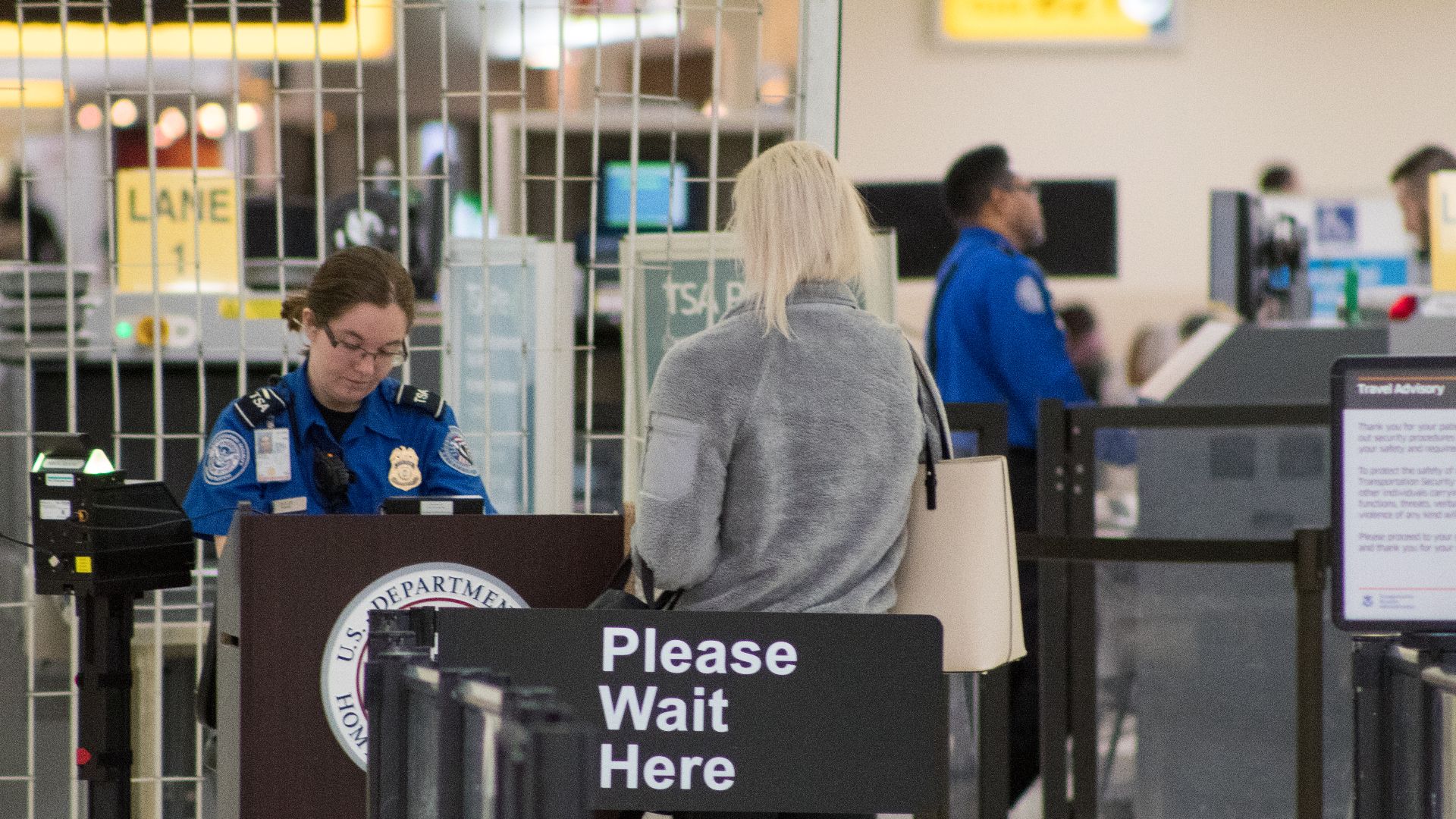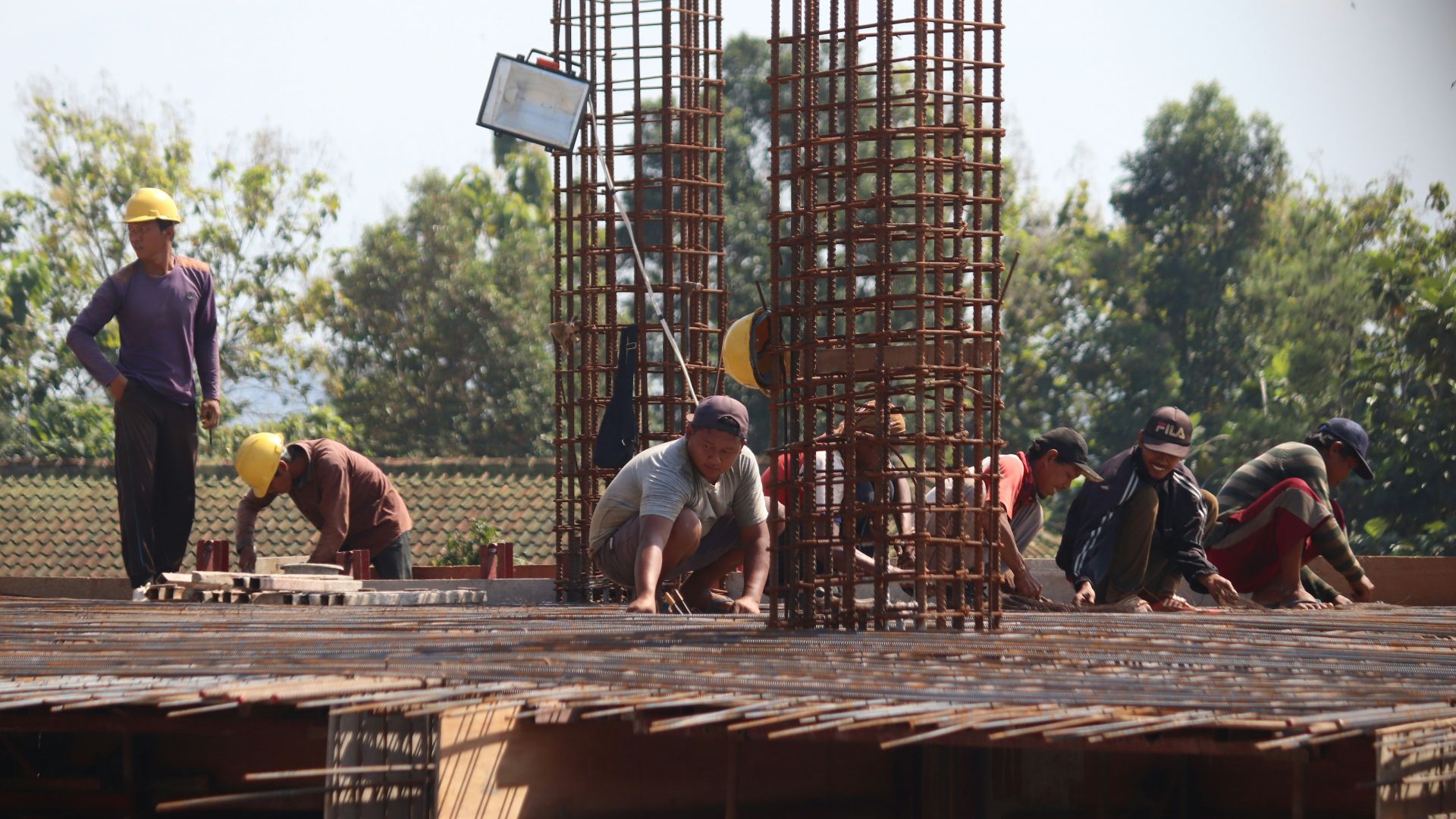Are You Replaceable?
With the world’s economy reeling from the effects of COVID-19, it’s natural to be a bit worried about your position. Will the world ever be the same? Who’s safe and who’s at risk if this spills over into a longer-lasting recession? What are the most vulnerable jobs?
With that in mind, let’s take a look at the 8 most vulnerable jobs during bad economic times.
Of course, that doesn’t mean everyone who does job x is going to be given their walking papers. But it’s generally true that some folks are more susceptible than others to the vicissitudes of the marketplace.
Hopefully, things will turn around soon and we won’t have to find out whether or not we were right!
8. Construction
When businesses feel the pinch and investors get spooked, construction projects are often the first thing to get put on the back burner. It takes a lot of leverage and a lot of capital to build anything substantial. So when times are uncertain, people often decide it’s easier not to build anything at all.
Of course, construction doesn’t happen in a vacuum. It takes not just labor, but materials and equipment as well. All these supporting industries become vulnerable as well.
7. Home Renovation
It’s not just major construction projects that get delayed during times of recession. Retail consumers also close their wallets. Suddenly that new gazebo doesn’t seem like such a priority.
Similarly, less ambitious home renos may be delayed as well -- everything from wallpapering to flooring to chandeliers to appliances. If people don’t need it, most won’t be willing to shell out for it until some confidence returns to the marketplace.
6. Car Sales
The same goes for cars. And not just cars -- boats, ATVs, motorcycles. In a healthy economy, people with disposable income are always on the lookout for an upgrade. Not so during a recession. It’s tough to convince someone who’s worried about their future to shell out for a new Lexus when their old Toyota is still getting the job done. And, of course, all those other non-essential toys become a lot less attractive as well.
5. Landlords
We’re seeing this one right now with COVID-19. Cities and states are banning evictions, effectively bailing out renters. But landlords are left in the lurch. They still have to make mortgage payments on their rental properties, despite the fact they may not be able to collect rents from their out-of-work tenants.
4. Travel Industry
Here’s another one we’re seeing before our very eyes. Experts estimate the airlines alone may lose $250 billion in revenue before this crisis is over.
And that’s just the airlines. You also have to consider travel agents, hoteliers, buses, trains, taxis, museums, theme parks, restaurants… The list is endless. In our mobile world, travel has become normal and expected, and a major component of the world economy.
But in any financial pinch, the family trip to Disney World is the first thing that gets cut from the budget.
3. Clerks and Administrators
Or really anyone working for a company who doesn’t directly contribute to revenues. When income is down, companies have to look for ways to cut expenditures. Clerical and administrative staff are important and valued in good times. But if someone has to be thrown out of the boat… they’re often the first to go overboard.
2. Manufacturing
It’s not like manufacturing is booming, even in good times. But in bad times, it becomes even more tempting either to shut down production or to ship it overseas where people are willing to work for pennies on the dollar. And once those jobs go overseas… they don’t tend to come back.
1. Middle Management
It’s not a specific career or sector of the economy. But those in middling positions often find themselves out of work when the markets take a dip.
The reason is simple. Middle managers tend to have considerable tenure with the company. That, combined with their supervisory role, means they make a good deal more money than the rank-and-file. However, many are also in a position where their role could theoretically be eliminated or subsumed by someone else in order to cut costs.
Streamlining and “right-sizing” suddenly become watchwords during times of recession. That makes middle management one of the most vulnerable jobs.
















